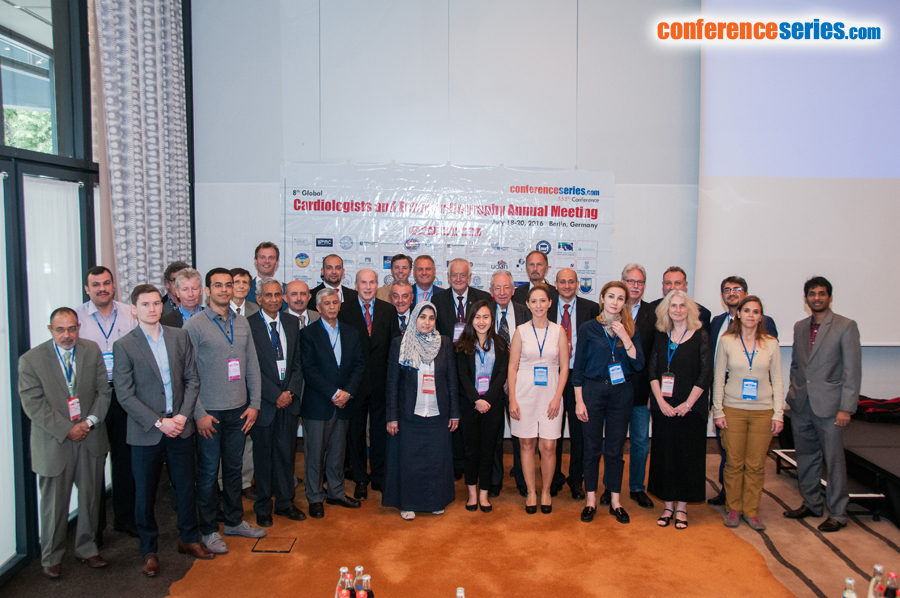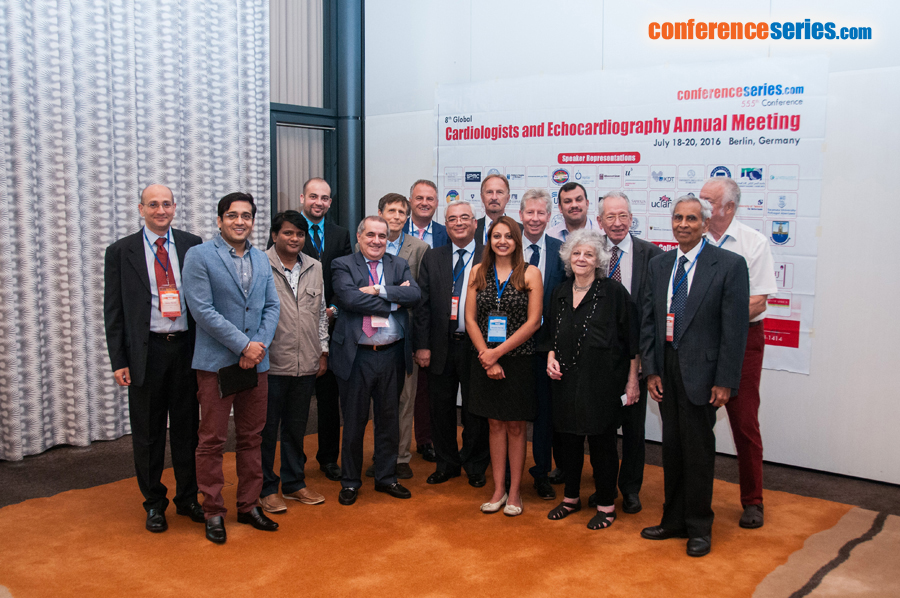
Rohit M Sane
Madhavbaug Cardiac Rehabilitation Centre, India
Title: Functional capacity is an independent predictor of mortality in heart failure patients with low ejection fraction
Biography
Biography: Rohit M Sane
Abstract
Abnormal six-minute walk test (6MWT) findings which indicates decreased functional capacity is considered as predictor of increased cardiovascular risk and mortality. However, the importance of this variable as predictor of mortality in heart failure (HF) patients with low ejection fraction (EF) is not well established. Therefore, we aimed to determine the influence of 6MWT findings on prediction of cardiac-related mortality in patients with low EF. Analyses were based on 108 heart failure patients with low EF undergoing treatment at Madhavbaug Cardiac Rehabilitation Centre between January 2012 and January 2014. Estimated functional capacity measured through 6MWT findings (expressed as the distance walked in meters) to determine its prognostic importance during 3 years of follow-up. Of 128 patients, 50(39%) died during follow-up; all reported deaths were found to be as cardiac related. In survived patients group, the distance walked was greater than 409.72(±93) meter while in died patients group; it was less than 300.17(±124) meter. The 2D echo data suggested that in both the groups, the left ventricular mass was 290 g and ejection fraction was 28.7% and 26.62% in survived and died patients, respectively. On uni-variable analysis, estimated functional capacity measured through 6MWT findings was a strong predictor of death, with 50(39%) deaths occurring in patients achieving p<0.05. On multivariable analysis, the strongest independent predictors of cardiac related mortality were poor functional capacity. The distance walked by patients in 6MWT had strong relation to the number of reported deaths; functional capacity was a predictor of death. For reported cardiac mortality; functional capacity remained as independent predictor of mortality.



